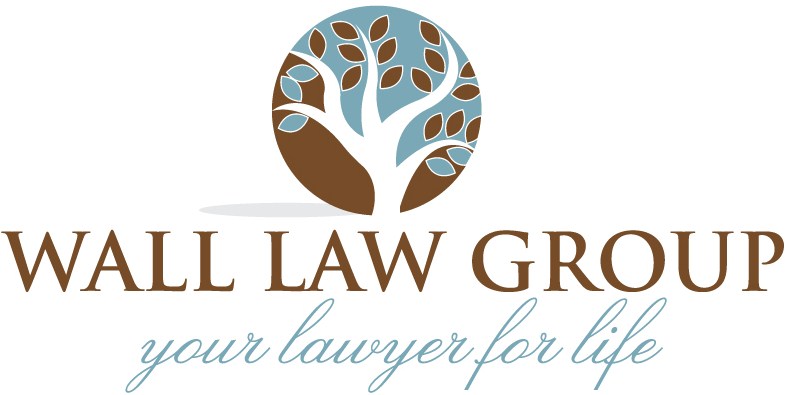To qualify for Medicaid, you must have limited income and assets (in most states, no more than $2,000 in your name). If you have more than that, you may find yourself having to "spend down" your extra assets to meet the $2,000 limit.
What Is A Death Probate (And Why Would I Want To Avoid It!)?
 A Death Probate is a legal proceeding ultimately controlled by the county probate court. Probate procedures vary among the States. Some are more complex than others. Michigan allows for informal, as well as formal proceedings. Despite these differences, the probate process consists of many steps and procedures that remain a mystery to most people.
A Death Probate is a legal proceeding ultimately controlled by the county probate court. Probate procedures vary among the States. Some are more complex than others. Michigan allows for informal, as well as formal proceedings. Despite these differences, the probate process consists of many steps and procedures that remain a mystery to most people.
For the most part, a Death Probate and the administration of an estate are comprised of six basic tasks: (1) admitting the decedent’s will to probate court and determining its validity; (2) notifying the decedent’s heirs and beneficiaries; (3) taking an inventory and appraising the decedent’s assets; (4) paying any last known creditors; (5) ensuring that any necessary taxes have been paid; and (6) distributing the assets to the beneficiaries or heirs.
The probate process often can be expensive and time-consuming. Studies indicate that the average cost of probate is anywhere between 6% and 12% of the value of the gross estate. The gross estate is the full appraised value of the estate without any reduction for debts or expenses. Some of the costs associated with probate are court filing fees, attorney fees, appraiser fees, inventory fees, bond premiums, and, perhaps the largest expense, asset preservation costs (real property taxes, insurance and maintenance) related to maintaining real estate and other assets while the court process is pending.
The entire probate process can last from several months to several years. The average length of a probate proceeding is between one and two years, although even the probate for a small, relatively uncomplicated estate sometimes lasts several years. The probate process is also a matter of public record. Anyone can access a decedent’s probate file and discover very personal estate planning and financial information about the deceased person and his or her family. If you don’t believe me, just visit your local county probate court and request to view the file of a recently deceased family member or friend…it’s that easy! Often, unscrupulous individuals access these records and prey upon unsuspecting family members and heirs of the decedent.
If that’s not enough, if the decedent owned real estate (another home, a parcel of vacant land, a timeshare interest, etc.) in another State, the family may be required to initiate an “ancillary” probate court proceeding in each one of those States, thereby compounding the time, costs and hassle of settling the estate.
Proper estate planning can eliminate the Death Probate process. It is all about preserving your hard-earned assets, saving tax dollars, professional fees and court costs, and keeping you in control of your own affairs. While it certainly is “peace of mind” for you, ultimately, it is a blessing for your loved ones.
